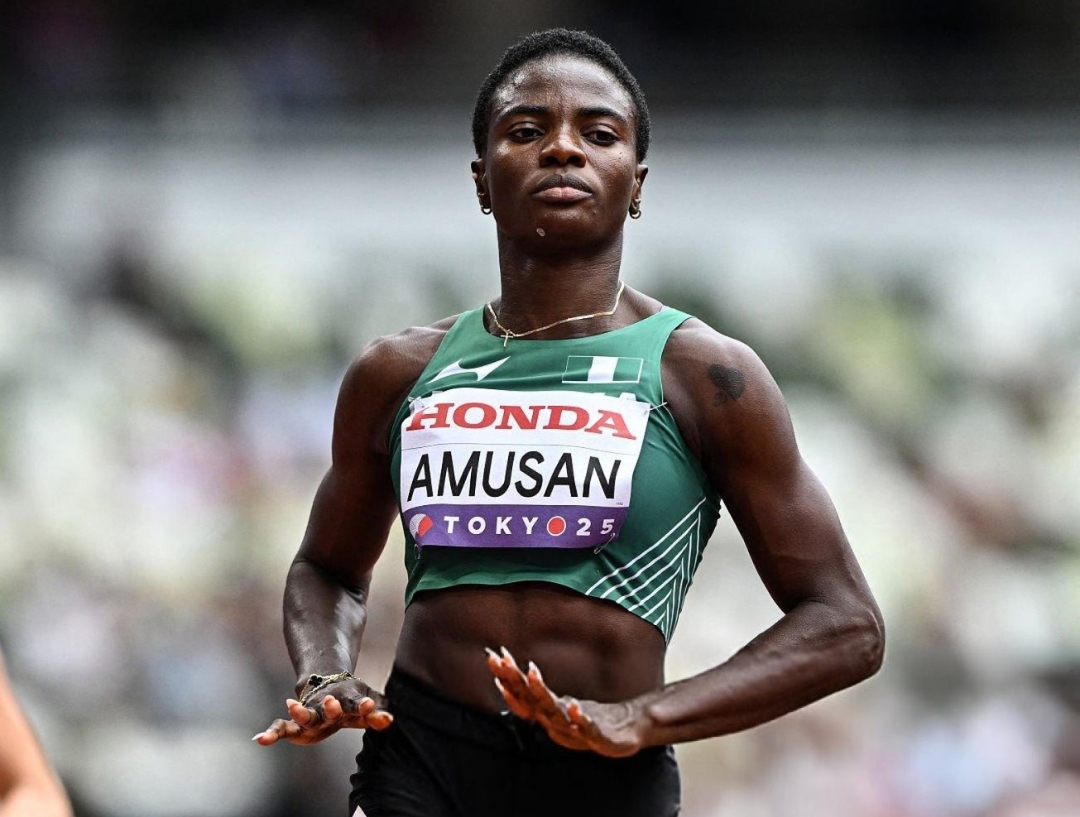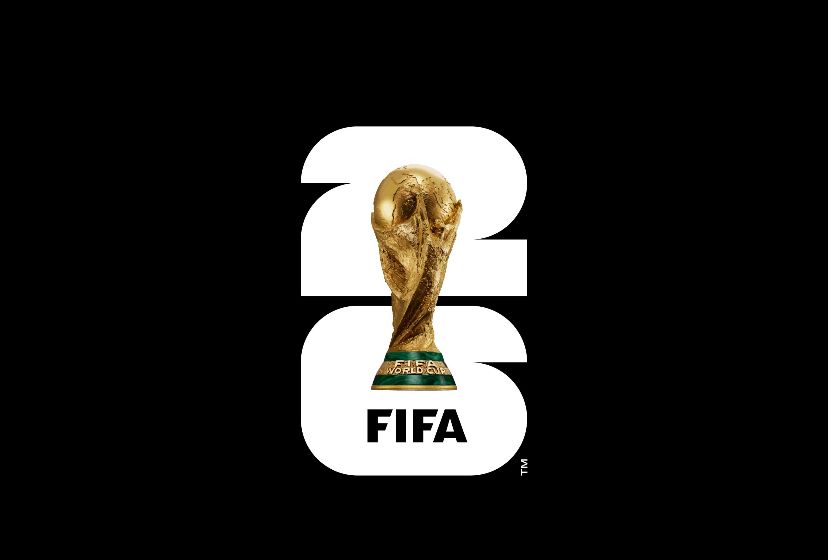How Tobi Amusan’s Tokyo Triumph Resonated Across Nigeria and Beyond
Under the bright lights of Tokyo, Nigeria’s sprint sensation Tobi Amusan did more than just cross the finish line—she captured the hopes of a nation. Although Amusan narrowly missed the gold medal at the World Athletics Championships, her electrifying performance in the women’s 100-metre hurdles final delivered far-reaching inspiration—as well as a handsome financial reward.
Breaking Barriers and Setting Records: The Race That Captured Hearts
At just 28 years old, Tobi Amusan lined up among the world’s best, determined to prove once again why she remains a fixture in global athletics. Clocking an impressive 12.29 seconds, Amusan finished second, only milliseconds behind Switzerland’s Ditaji Kambundji, who stunned the field with a national record time of 12.24 seconds. American Grace Stark secured bronze with an equally impressive 12.34 seconds.
While Amusan’s time fell short of her 2022 world title-winning performance, her unwavering consistency at the world stage continues to make her a symbol of excellence for Nigerian athletics. Fans across Lagos, Abuja, and Port Harcourt gathered early at viewing centres and sports bars to watch their champion take on the world—cheers erupting each time she cleared a hurdle with characteristic finesse.
Nigerian Athletes Now Reaping Larger Financial Rewards for Global Excellence
One of the standout developments from Tokyo is the increased financial incentives for Nigerian athletes who reach the podium at international competitions. For her silver-medal finish, Amusan not only brought home pride but also secured a combined reward of $55,000 (approximately ₦82.5 million)—a sum that has already set new standards for West African athletics.
- $35,000 (₦52.5 million) came directly from the World Athletics prize pool for finishing second.
- $20,000 (₦30 million) was awarded as a bonus from Nigeria’s official kit supplier, Hiracer, who had pledged financial rewards to any athlete achieving a podium finish at these championships.
According to Tonobok Okowa, President of the Athletics Federation of Nigeria, “This company said they would give any gold medallist $30,000, silver medallist $20,000, and bronze medallist $10,000. So they should concentrate, work hard, and try to win, and then they will win their money.” Okowa’s comments reflect a new era for Nigerian athletes, who for years have advocated for greater recognition and reward for international success.
Athlete Empowerment: Nigeria’s Resurgence in Track & Field
These financial incentives are more than just numbers—they symbolize a renewed commitment to developing sporting excellence in Nigeria. Amusan’s Tokyo payday represents a turning point, where athletes can now see a direct link between hard work and tangible reward. It also places Nigeria in step with global sporting standards, where sponsors play an active role in athlete welfare and motivation.
For Amusan personally, this isn’t just about money—it’s about paving the way for the next generation. Her earnings reinforce what’s possible for young Nigerian and West African sprinters who, despite infrastructure and funding challenges, dream of standing on podiums around the world. “What Tobi has done gives hope not only to Nigerian girls but to all African athletes who dream of making it internationally,” noted Lagos-based track analyst Osagie Edebor.
National Pride, Global Respect: Ranking Nigeria on the World Stage
Amusan’s medal adds another chapter to Nigeria’s growing legacy at the World Championships—her silver marks the country’s 12th medal ever at this elite event. This achievement matters not just for its symbolism, but for how it unites Nigerians across generations and backgrounds. Streets in Ogun State, Amusan’s home, erupted in celebration, with local youth reportedly organizing impromptu races in her honour.
Globally, Amusan’s success continues to boost the profile of African athletes. She stands as a competitor respected worldwide, challenging the dominance historically held by Americans and Europeans in track events. “Every time Tobi steps onto the track, she gives us a reason to believe we can take on the best,” said Ghanaian sports commentator Kofi Mensah in a recent radio interview.
Challenges Remain: Funding, Facilities, and Homegrown Talent
Despite rising prize money and enhanced sponsor involvement, analysts warn that investment in facilities and grassroots development remains critical. Many promising athletes face barriers such as inadequate training centres, lack of professional coaching, and limited international exposure. “Corporate support is finally stepping up, but we need government and local clubs to transform athletics at every level,” said Ada Elechi, sports policy expert based in Abuja.
The push for better infrastructure and training must not lose momentum, even as individual stars like Amusan shine on the world stage. Experts agree that broad-based investment can help Nigeria maintain and expand its standing in athletics for decades to come.
Inspiring the Continent: West African Unity and Aspirations
Amusan’s story goes far beyond Nigeria’s borders. Her achievements are watched closely in Ghana, Côte d’Ivoire, and across West Africa, where rising stars look up to her as a symbol of what is possible. At a time when the continent is seeking to raise its global sporting profile, Amusan’s success encourages collaboration between countries, spurs regional competitions, and draws new sponsors with a vested interest in African talent.
Inspiration like this has ripple effects: schools organize inter-house sports in her name, and social media lights up with the hashtag #RunLikeTobi. Ordinary Nigerians and Africans, many of whom juggle multiple jobs and daily stresses, hold up Amusan as an example of resilience, focus, and pride.
What Does the Future Hold for Nigerian and African Athletics?
As conversations about expanding support for athletes gain momentum, enthusiasts are asking: can Nigeria sustain this trend? Will the country build the championship-calibre infrastructure and provide the sustained funding necessary for athletes to flourish at all levels? Ghana and other neighbours are closely watching the Nigerian model to see if it can be replicated.
Amusan herself remains focused on future challenges, reportedly stating that every achievement motivates her to push harder. Her journey serves as a call to action for policymakers, sponsors, and aspiring athletes—not just to chase medals, but to demand and build the structures that guarantee long-term success.
Local Voices: How Nigerians Are Reacting
- Bola, student, University of Lagos: “Seeing Tobi win gives us hope that hard work pays off, even when things are tough in Nigeria.”
- Coach Frances Ekanem, Abuja: “We need more investment like this. Prize money makes a difference, but camps and local meets matter too.”
- Shola, shop owner, Ibadan: “I showed my children the race on my phone—Tobi is a role model for the whole country.”
A Pathway for a New Athletic Generation
Amusan’s performance in Tokyo is more than a single race; it is part of a broader story of hope, resilience, and excellence. As her star continues to rise, eyes remain on Nigeria and West Africa to see how these countries harness their athletic potential on the global stage.
Can these developments spur more young people to take up the sport? What further changes are needed to nurture the next generation of champions? The answers may well determine how Africa’s stories are told at future championships.
What does Tobi Amusan’s journey mean to you, and what changes would you like to see in Nigerian and African athletics? Share your thoughts in the comments, and follow us for more in-depth stories about your favourite athletes!
For feedback or general support, contact support@nowahalazone.com.
No matter your angle—athletics, local heroes, or youth development—let’s make sure your voice counts!
Stay updated and join the conversation by following us on
Facebook,
X (Twitter), and
Instagram.










